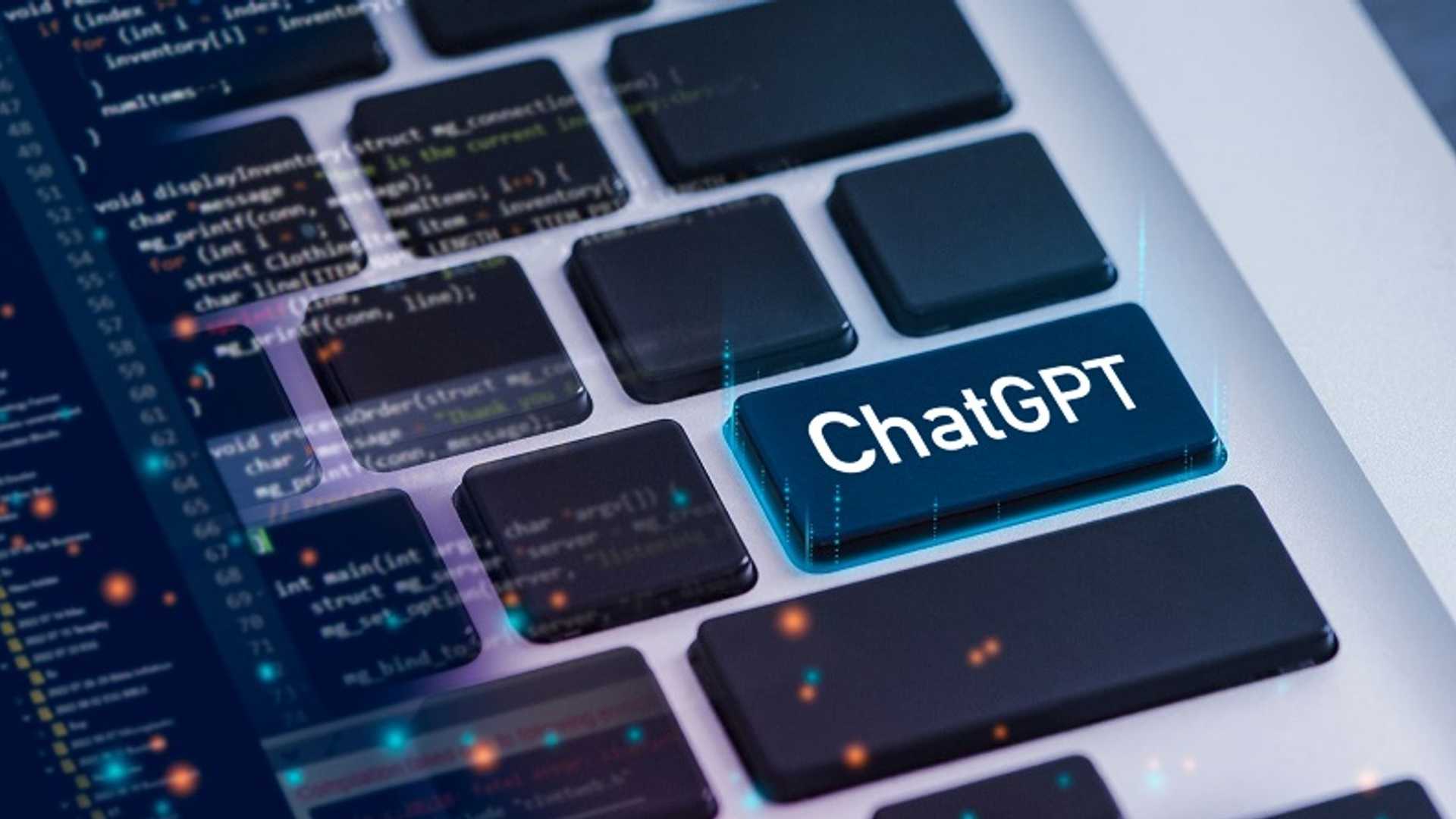ChatGPT Security Risks: What You Need to Know
ChatGPT, an AI-based chatbot produced by OpenAI, has been in the news recently due to concerns about privacy, disinformation, and phishing. While some organizations have implemented the technology with great success, the risks of misuse are serious and widespread.
Privacy Concerns
Italy has temporarily banned ChatGPT, citing privacy concerns in the wake of a 2023 breach of OpenAI that exposed user email IDs, conversations, and payment information. Regulators in Ireland, the UK, and France have also expressed concerns about this issue. The European Consumer Organization has called for an investigation into major chatbots, citing concerns about the manipulation and deception of consumers.
Disinformation and Misinformation
OpenAI CEO Sam Altman has expressed concerns about the potential for ChatGPT to be used for large-scale disinformation and offensive cyberattacks. A 2023 Checkpoint report found that the chatbot can be used to create malware and develop dark web marketplaces and fraudulent schemes. While the potency of malware created from ChatGPT-generated code is debatable, the risks associated with disinformation and misinformation are serious.
Phishing
Criminals are using ChatGPT to create customized phishing campaigns that can fool even the most discerning targets. By prompting the tool to gather organizational information, the chatbot can generate highly credible scam emails with little to no language or cultural mistakes. These phishing campaigns can serve as the carriers of dangerous malware including ransomware, worms, and trojans.
Conclusion
While ChatGPT offers significant benefits to genuine businesses, it also has the potential to be a cyber weapon of massive destruction in the wrong hands. It is crucial that employees limit the dissemination of unnecessary information and tightly hold their cards to their chest. Refraining from uploading sensitive information to ChatGPT is also a best practice for maintaining secure organizational practices.
The nonprofit Future of Life Institute has called for a pause on AI experiments until risks can be properly assessed and managed. While protocols, regulations, and ethical inquiries into AI-related matters are ongoing, it is doubtful if the government can step in to halt all advanced AI development without compromising our society's numerous technological advances. ChatGPT and other chatbots present serious security risks that must not be ignored by organizations looking to gain an advantage in the marketplace.




















